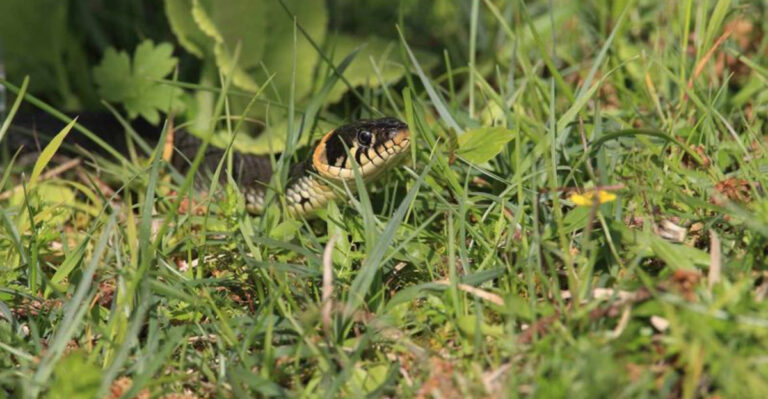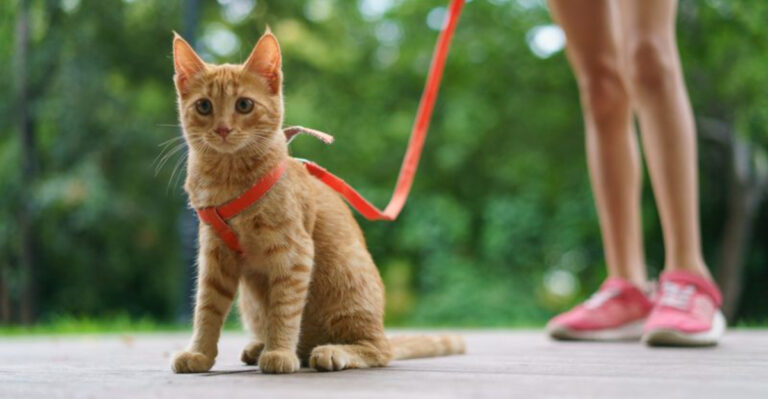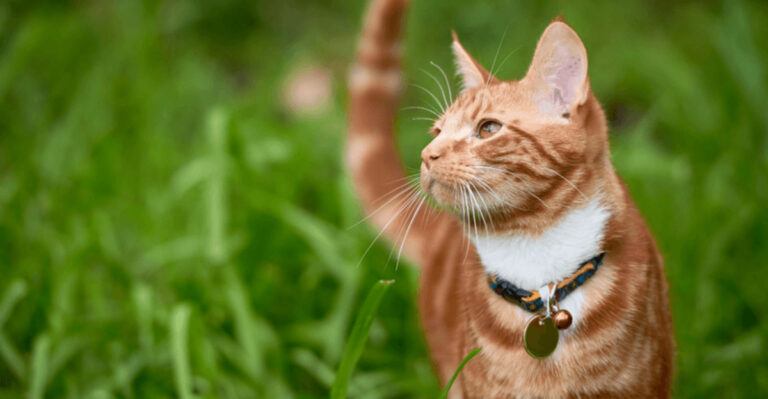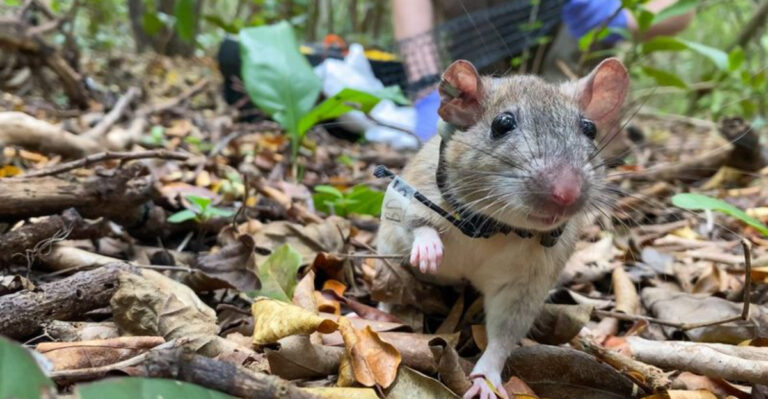8 Small Dog Breeds Brave Enough To Stand Up To Coyotes (And 5 That Prefer To Hide)
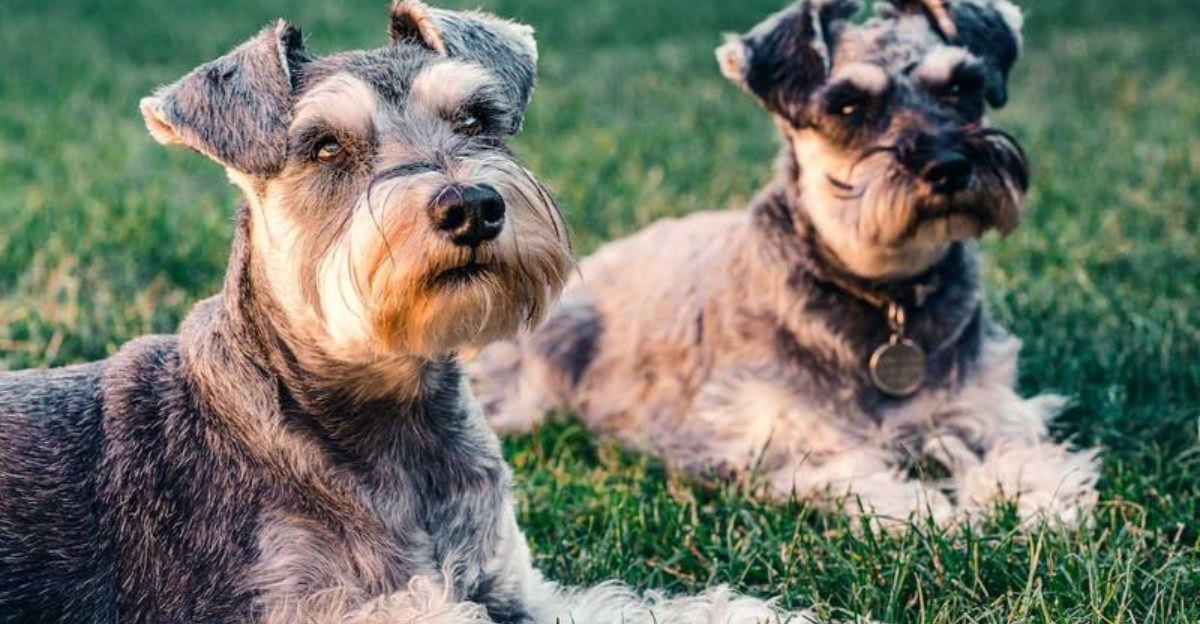
Coyote encounters can be terrifying for small dog owners. While size might seem like a disadvantage, some little pups pack surprising courage when facing these wild predators.
Their bravery isn’t just about bark – it’s about instinct, history, and personality. Here’s which small breeds stand their ground against coyotes and which ones would rather find a safe hiding spot.
1. Jack Russell Terrier: Fearless Dynamo
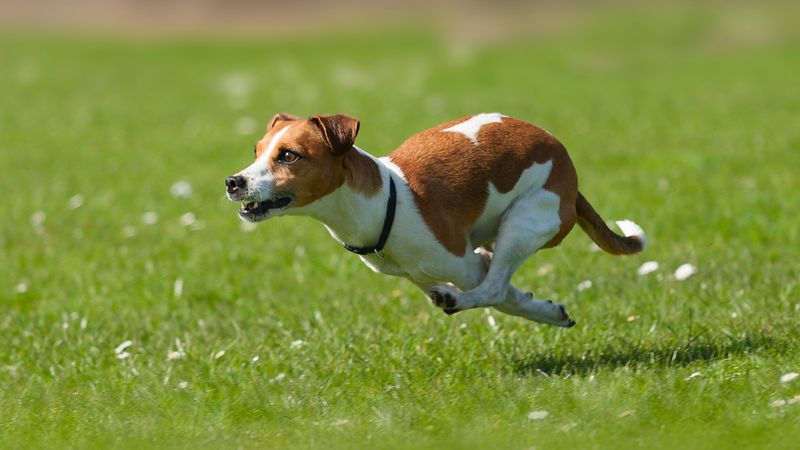
Originally bred to hunt foxes, Jack Russells possess a fearlessness that defies their small stature. These pocket-sized warriors have zero concept of their actual size!
Their tenacious spirit and lightning-quick reflexes make them surprisingly effective at confronting threats. When a coyote appears, a Jack Russell’s instinct isn’t to retreat but to charge forward with explosive barking and intimidating body language.
2. Dachshund: Brave Burrower
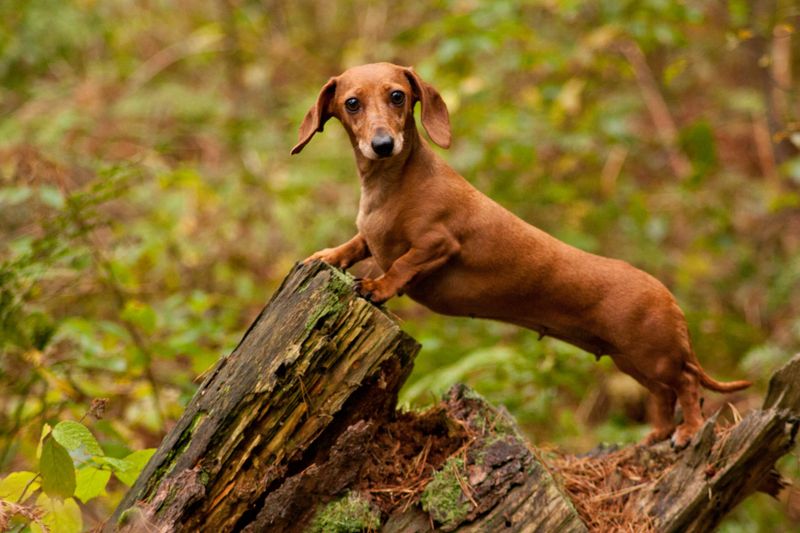
Those short legs and elongated bodies weren’t designed for fashion! Dachshunds were bred to hunt badgers underground – one of nature’s most aggressive creatures.
This hunting heritage gives them remarkable courage against larger threats. Their powerful bark sounds much bigger than their body suggests, and they’re surprisingly quick and agile. Many Dachshunds will stand their ground against a coyote, using their loud voice and fearless demeanor as defense.
3. Cairn Terrier: Toto’s Tenacity
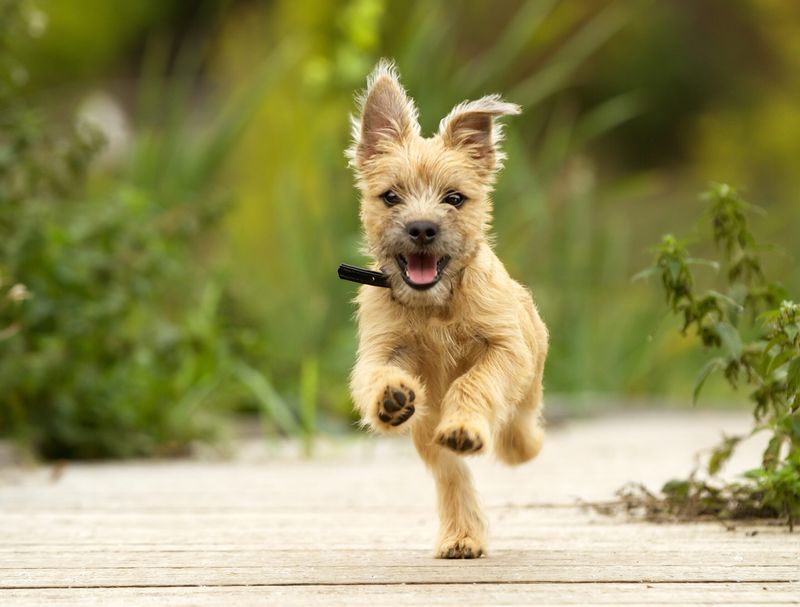
Famous as Toto from The Wizard of Oz, Cairn Terriers pack serious bravery into their shaggy frames. These Scottish terriers were developed to flush out prey from rock piles (or ‘cairns’).
Their plucky personality makes them surprisingly confrontational when threatened. Despite weighing under 15 pounds, a Cairn’s piercing bark and fearless lunging can startle even a hungry coyote. Their wiry coat provides some protection during confrontations.
4. Australian Terrier: Outback Protector
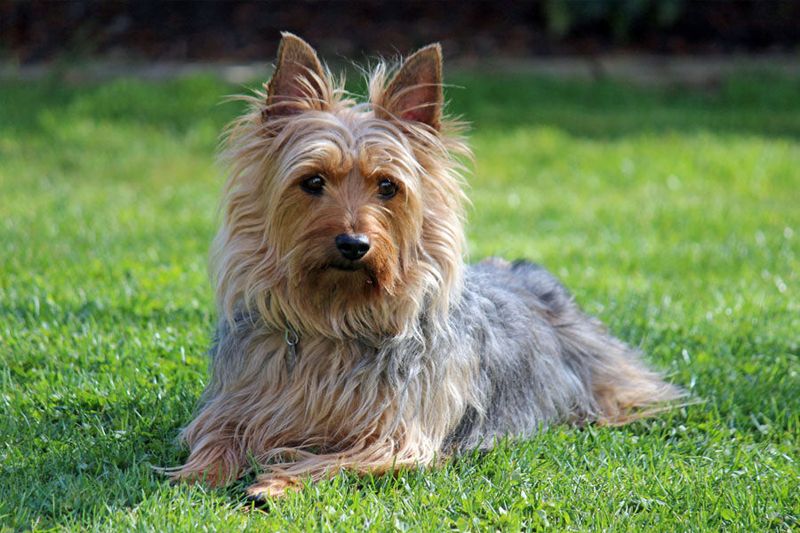
Hailing from a land of dangerous creatures, Australian Terriers developed remarkable courage. These compact dogs were bred to control snakes and rodents in harsh conditions.
Their fearless nature makes them surprisingly effective against coyotes. An Aussie Terrier’s first instinct is to confront rather than flee, using their sharp bark and confident demeanor. Their rough coat provides mild protection while their quick movements make them harder to catch.
5. Miniature Schnauzer: Guardian With A Beard
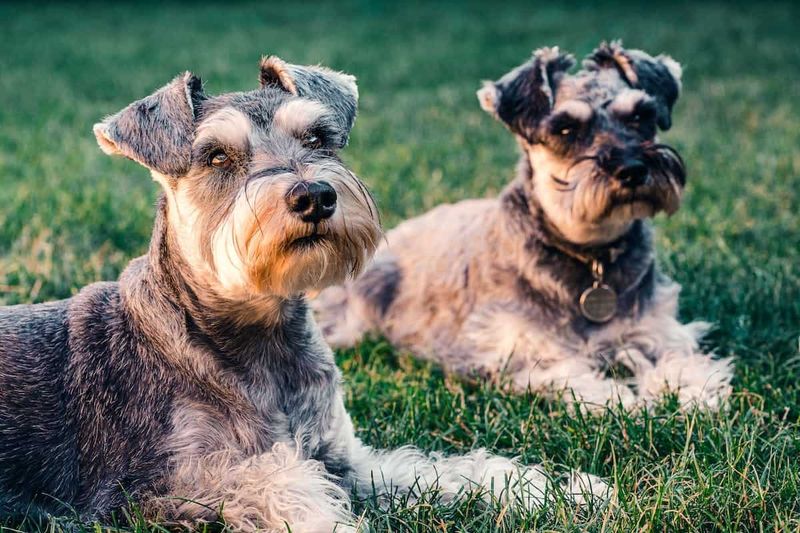
Don’t let the distinguished beard fool you. Miniature Schnauzers were farm dogs tasked with rat control and property protection. Their territorial instinct remains strong centuries later.
When sensing danger, these compact guardians become surprisingly fierce. Their alert nature means they detect coyotes early, giving warning with their distinctive bark. Many coyotes think twice when facing a Schnauzer’s determined stance and protective temperament.
6. Miniature Pinscher: Mighty Min Pin
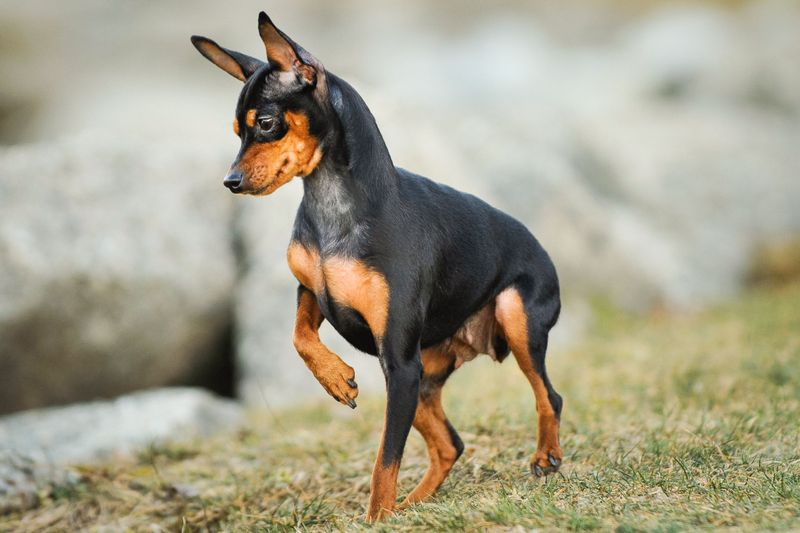
Often mistaken for tiny Dobermans, Min Pins are fearless little sentinels with attitude to spare. These high-energy dogs believe they’re much larger than reality suggests!
When confronted by a coyote, a Min Pin’s hackles rise and their characteristic high-stepping gait becomes a defensive stance. They bark ferociously and stand their ground with surprising confidence. Their speed and agility often catch predators off guard.
7. West Highland White Terrier: Scrappy Scotsman
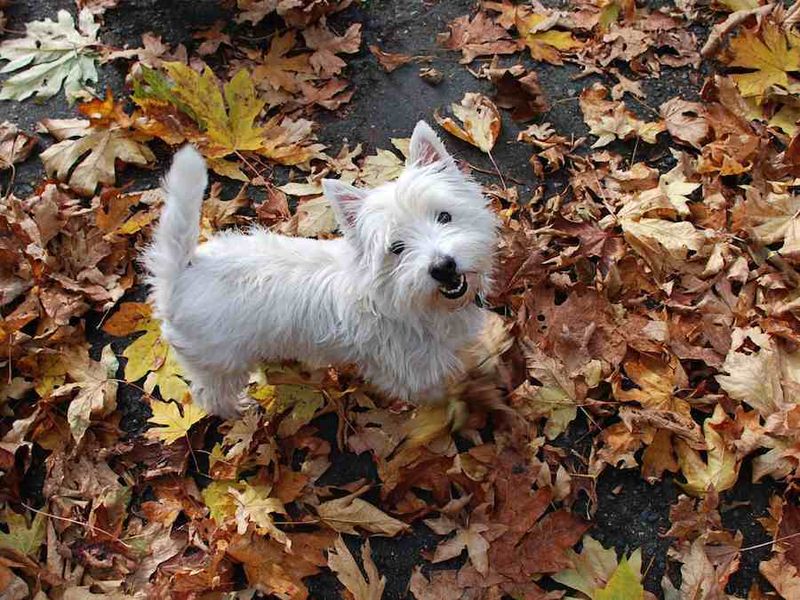
Beneath that adorable white coat beats the heart of a true vermin hunter. Westies were bred to pursue prey through the rugged Scottish Highlands with remarkable determination.
Their self-assurance makes them surprisingly bold when facing threats. A Westie confronting a coyote will bark fiercely, making themselves appear larger through posture and noise. Their thick double coat provides some protection while their sturdy build helps them stand their ground.
8. Rat Terrier: American Farm Defender
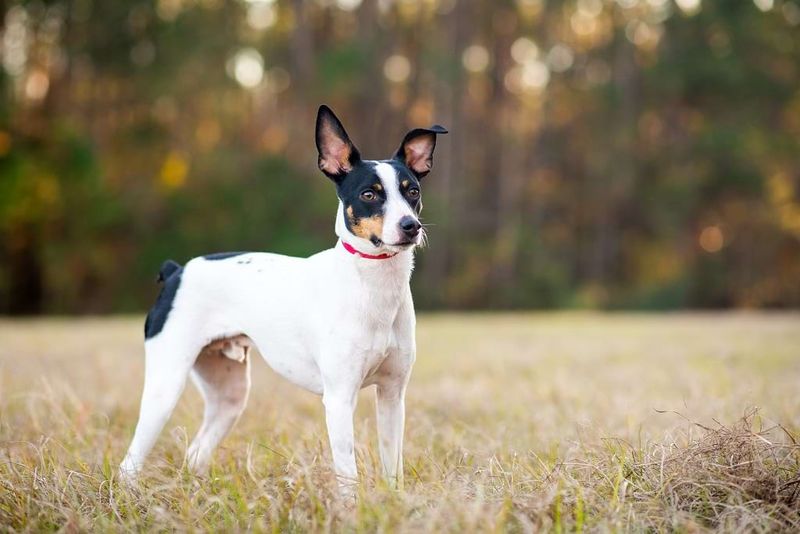
Developed by American farmers to protect grain stores, Rat Terriers combine speed, agility, and fearlessness. These versatile dogs were valued for their ability to dispatch vermin and warn of larger threats.
When confronting a coyote, a Rat Terrier’s muscular build and quick reflexes become apparent. They bark with authority and show surprising aggression despite their small size. Their intelligence helps them strategically defend themselves, often making enough commotion to attract human help.
9. Chihuahua: Notorious Hider

Despite their reputation for feisty behavior with humans, most Chihuahuas recognize their vulnerability when facing wild predators. These tiny dogs typically weigh under 6 pounds – practically a snack for a coyote.
When sensing danger, Chihuahuas instinctively seek shelter. Their small size allows them to squeeze into tight spaces inaccessible to predators. Their trembling isn’t just stereotype – it’s a genuine fear response to larger threats.
10. Maltese: Elegant Escapist

With their flowing white coats and gentle temperament, Maltese dogs were bred for companionship rather than protection. These aristocratic lapdogs have spent centuries being pampered, not preparing for wildlife encounters.
When confronted by a coyote, a Maltese typically seeks immediate shelter. Their instinct is self-preservation through avoidance rather than confrontation. Their sensitive nature makes them particularly fearful of wild animals, often freezing or running to their owners for protection.
11. Yorkshire Terrier: Tiny Retreat Expert

Though originally bred as ratters, modern Yorkies have largely lost their hunting instincts through generations of companion breeding. Their diminutive size (rarely exceeding 7 pounds) makes them particularly vulnerable to predators.
When sensing danger, Yorkies typically seek immediate cover. Their small bodies can squeeze into tight spaces where coyotes can’t follow. Despite their sometimes bossy personalities with humans, these silky-coated pups recognize when they’re outmatched.
12. Pomeranian: Fluff Over Fight
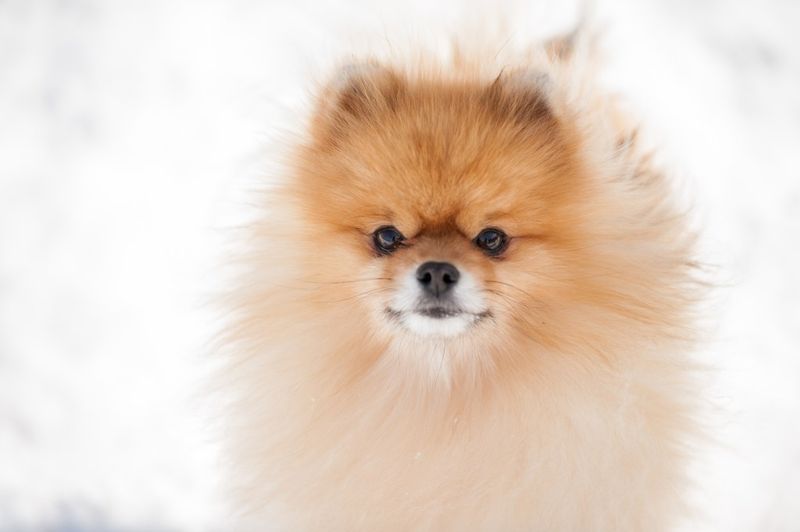
Beneath all that magnificent fur lies a tiny dog with strong self-preservation instincts. Despite their sometimes bold personalities, Pomeranians typically recognize their limitations when facing wild predators.
Their response to coyote threats is usually retreat rather than confrontation. A frightened Pom will seek shelter, often trembling visibly when scared. Their alert nature helps them detect danger early, giving them crucial moments to hide before a predator approaches.
13. Shih Tzu: Imperial Hider

Bred as palace companions for Chinese royalty, Shih Tzus were never intended for confrontation. These gentle lapdogs prioritize comfort and companionship over courage.
When faced with a coyote threat, a Shih Tzu’s instinct is immediate retreat. Their non-confrontational nature means they’ll seek the smallest hiding spot available. Though they might bark initially, they quickly recognize the danger and prefer to wait for human protection rather than stand their ground.

